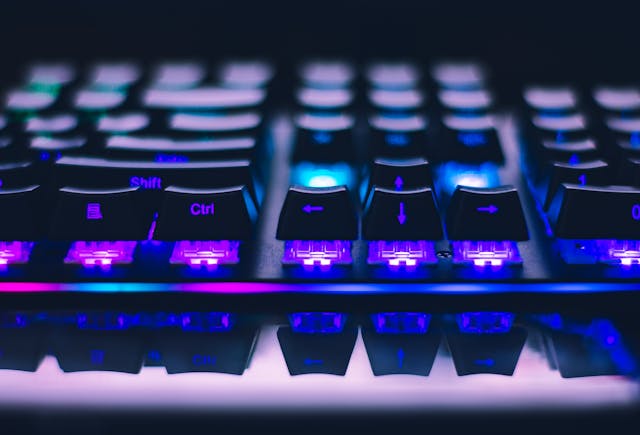The United States Patent and Trademark Office for the past eight years have denied trademark rights to the Asian-American band, The Slants, on the grounds that the name is offensive and that discriminatory speech can’t be trademarked because trademarks belong to the government, and the government doesn’t allow for that kind of speech in trademarks. In a somewhat startling turn of events, The Slants took their case all the way up to the Supreme Court of the United States in order to eke out a victory where freedom of speech won out over hurt feelings.
There’s a post over on the official The Slants website where they brag about the win in a humble way, writing…
“ We’ve had to endure the Trademark Office working in isolation of our groups to navigate the troubled waters of identity politics and shifting language and culture, without any sense of cultural competency, consistency in enforcement of rules, and only giving the benefit of doubt to the most privileged members of society. Now, Americans can decide who should prevail in the marketplace of ideas rather than a lone examining attorney. Oppressed groups will no longer have their identities shaped the sensibilities of dominant ones.”
The ruling came after years of back and forth litigation through the court process, and more than $1 million in legal fees that The Slants managed to crowdsource through fans.
The Supreme Court, however, ruled in favor of the music band and posted their ruling over on the official Supreme Court website, where the judiciaries gave their two pence about The Slants being able to have trademark rights to the name of their band. The ruling greatly favored the music band in being able to dictate the fate and empowerment of their culture through words.
Justice Anthony M. Kennedy explained in the ruling…
“Those few categories of speech that the government can regulate or punish—for instance, fraud, defamation, or incitement—are well established within our constitutional tradition. […]
“Aside from these and a few other narrow exceptions, it is a fundamental principle of the First Amendment that the government may not punish or suppress speech based on disapproval of the ideas or perspectives the speech conveys. “
Justice Kennedy actually turned it around on the lawyers representing the Government, saying that government officials dictating to the public that only trademarks they find suitable and not derogatory is in itself discrimination.
Kennedy goes on to explain that the First Amendment should afford those with the right to explore and examine speech from all angles, not just angles that aims to be “positive”. In other words, Kennedy advocates putting facts before hurt feelings, writing…
“The First Amendment’s viewpoint neutrality principle protects more than the right to identify with a particular side. It protects the right to create and present arguments for particular positions in particular ways, as the speaker chooses. By mandating positivity, the law here might silence dissent and distort the marketplace of ideas.” […]
“A law that can be directed against speech found offensive to some portion of the public can be turned against minority and dissenting views to the detriment of all. The First Amendment does not entrust that power to the government’s benevolence. Instead, our reliance must be on the substantial safeguards of free and open discussion in a democratic society. For these reasons, I join the Court’s opinion in part and concur in the judgment.”
According to The Slants, the idea was to take a negative and derogatory term and turn it inside out. Words only have the power to offend when people empower those words to offend.
In their case, the word “slant” – relating to the epithet directed at Asians for having slanted eyes – would be used to empower the group; and convey that empowerment through creativity, their community, and their own cultural identity, as opposed to allowing the word to define them as oppressed individuals.
Disenfranchising the word of its negative connotations was the whole exercise of the group, and the Supreme Court seemed to agree with them.
Near the end of their statement on the website, they explain…
“[…] we’ve worked with dozens of social justice organizations, and that we could humanize important issues around identity and speech in new and nuanced ways. So we became part art and part activism.
“We dedicated our newest release, “The Band Who Must Be Named,” as an open letter to the United States Patent and Trademark Office to articulate these values. Music is the best way we know how to drive social change: it overcomes social barriers in a way that mob-mentality and fear-based political rhetoric never can. Language and culture are powerful forms of expression and we are elated to know that the Supreme Court of the United States agree.”
In an era where the WIPO is negotiating the process of making “cultural appropriation” illegal, it’s nice to know that some aspects of our societal infrastructure still values common sense and individual freedoms over collectivism and moral imperialism.






